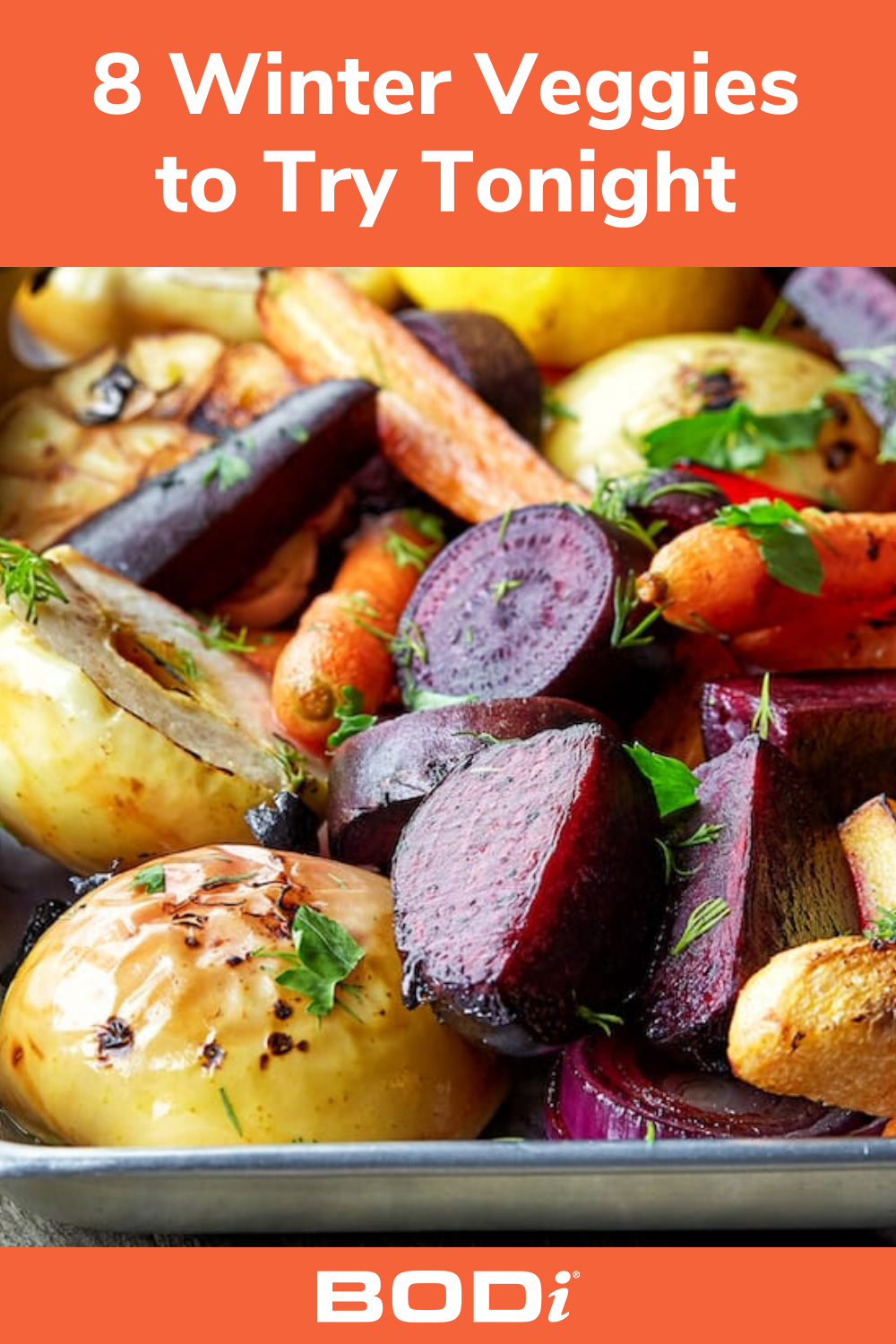If you’re looking to incorporate more vegetables into your diet, choosing seasonal produce can make a big difference. Fruits and veggies are at their peak in terms of flavor and nutrition when they are locally grown and in-season. But how can you eat seasonally during the winter months? This is where winter vegetables come into play.
Winter vegetables not only help break the monotony of your usual vegetable choices but also offer a wide range of vitamins, minerals, and antioxidants. Whether eaten raw, steamed, roasted, or braised, here are eight winter vegetables to include in your meal plan when the temperature drops.
1. Beets
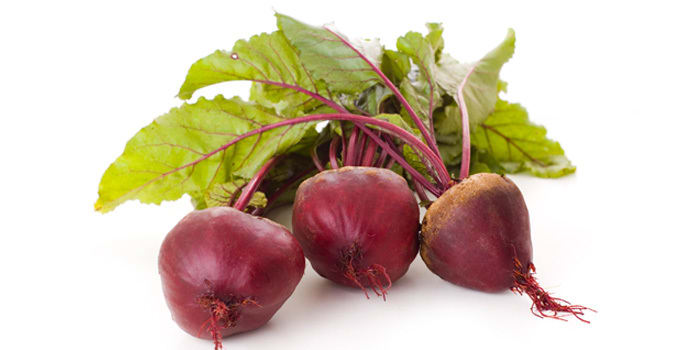
Beets have a distinct earthy flavor that may not be for everyone, but they are packed with fiber, potassium, iron, and folate. Whether sliced or grated in a salad or roasted in the oven for a sweeter taste, beets are a versatile winter vegetable.
2. Brussels Sprouts
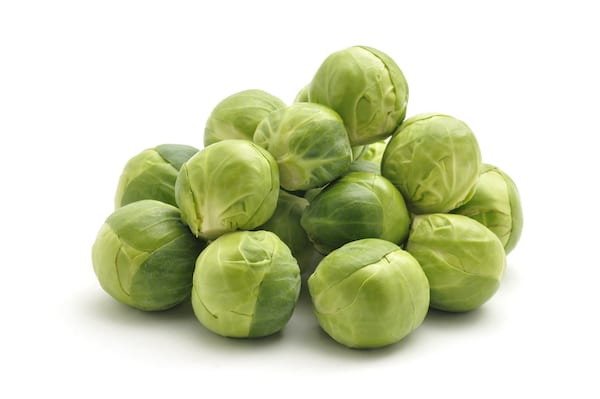
Brussels sprouts, part of the cruciferous vegetable family, are rich in vitamin A, vitamin C, and fiber. Enjoy them raw in a slaw or roasted for a sweet and mellow flavor.
3. Cabbage
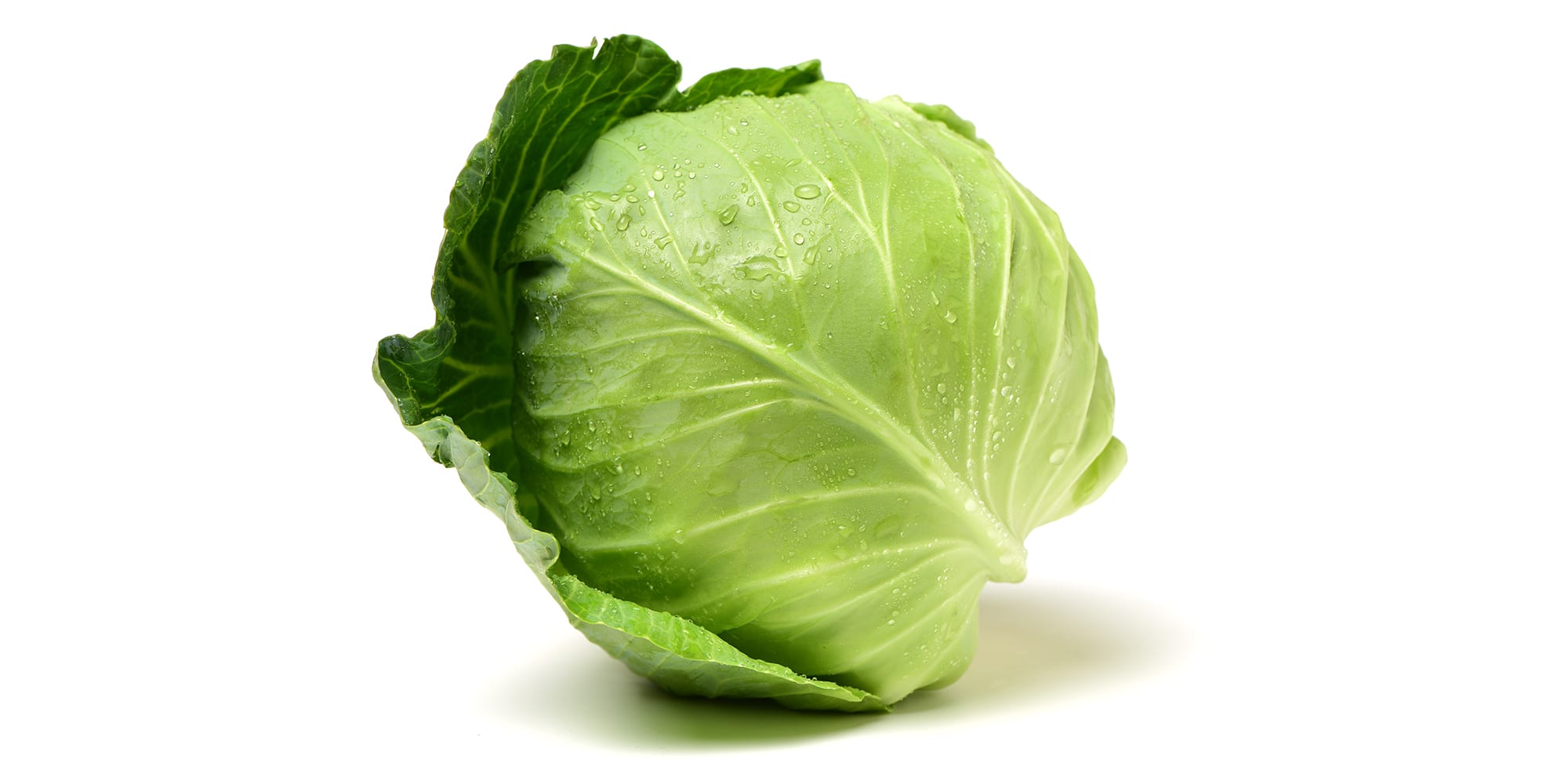
Look beyond coleslaw when it comes to cabbage. This winter vegetable can be added to stir-fries, stuffed with ground beef, or roasted whole. Cabbage is a good source of vitamin C, vitamin K, and folate.
4. Chard
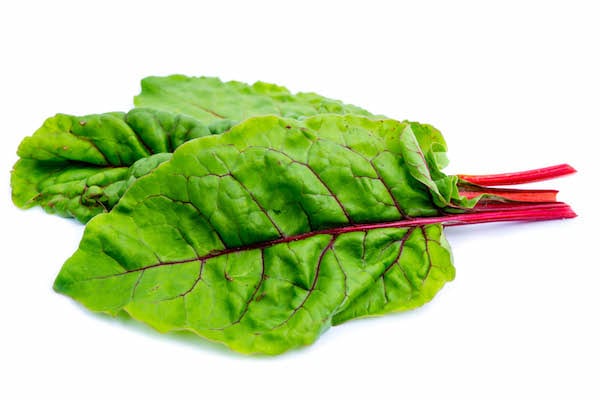
Chard is a leafy green that is milder than kale but heartier than spinach. It contains vitamins A, C, and K, as well as betalains, which are antioxidants. Add chard to salads, soups, stews, or sauté it for a tasty side dish.
5. Kale
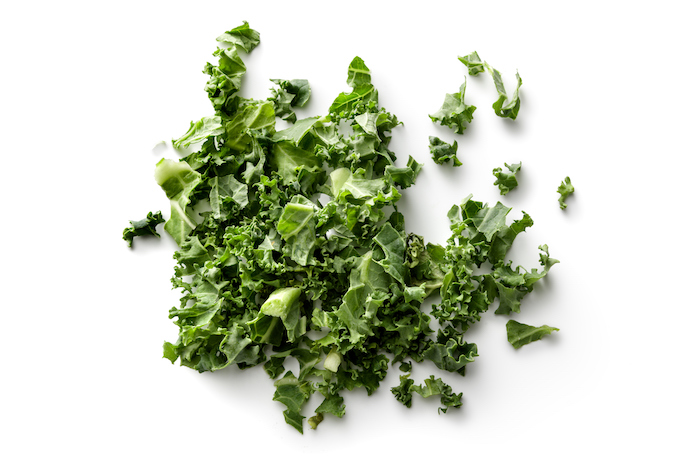
Kale is a nutritional powerhouse, providing vitamins A, C, and K in abundance. Incorporate kale into your meals by sautéing it, blending it into smoothies, or adding it to salads.
6. Leeks
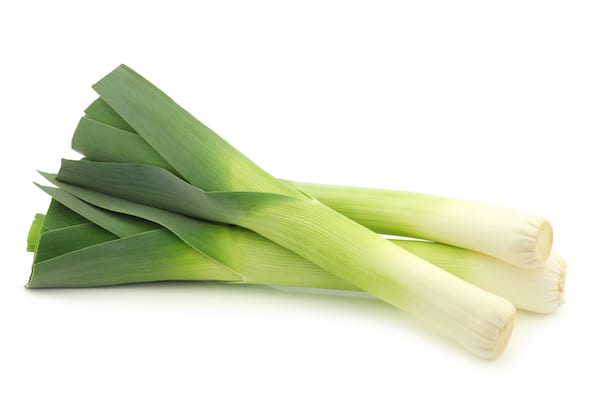
Leeks, with their mild and tender flavor, are rich in vitamin A, vitamin K, and iron. Sauté them for a delicious addition to grain bowls, soups, or as a side dish.
7. Parsnips
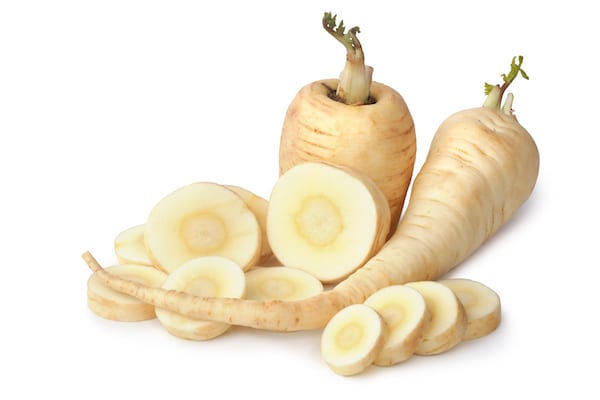
Parsnips, with their earthy and nutty flavor, offer vitamin C, folate, and fiber. Roast them in the oven for a hearty side dish or puree them for soups.
8. Winter Squash
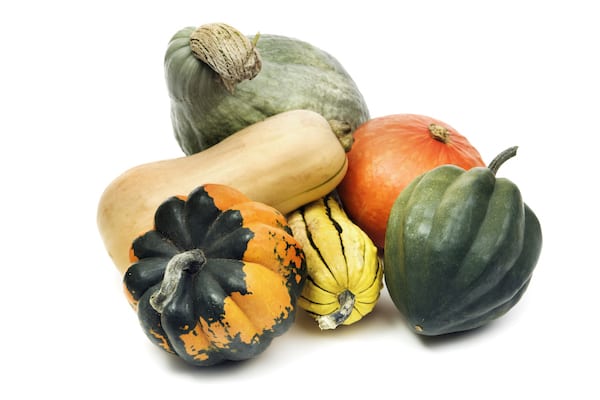
Winter squash varieties like butternut, acorn, spaghetti, and delicata are rich in flavor and nutrients like vitamin A, vitamin C, and fiber. Enjoy them roasted, steamed, or baked for a comforting winter meal.
4 Winter Vegetable Recipes to Try
Feeling hungry? Give these winter vegetable recipes a try to keep your diet nutritious and satisfying throughout the winter season.
